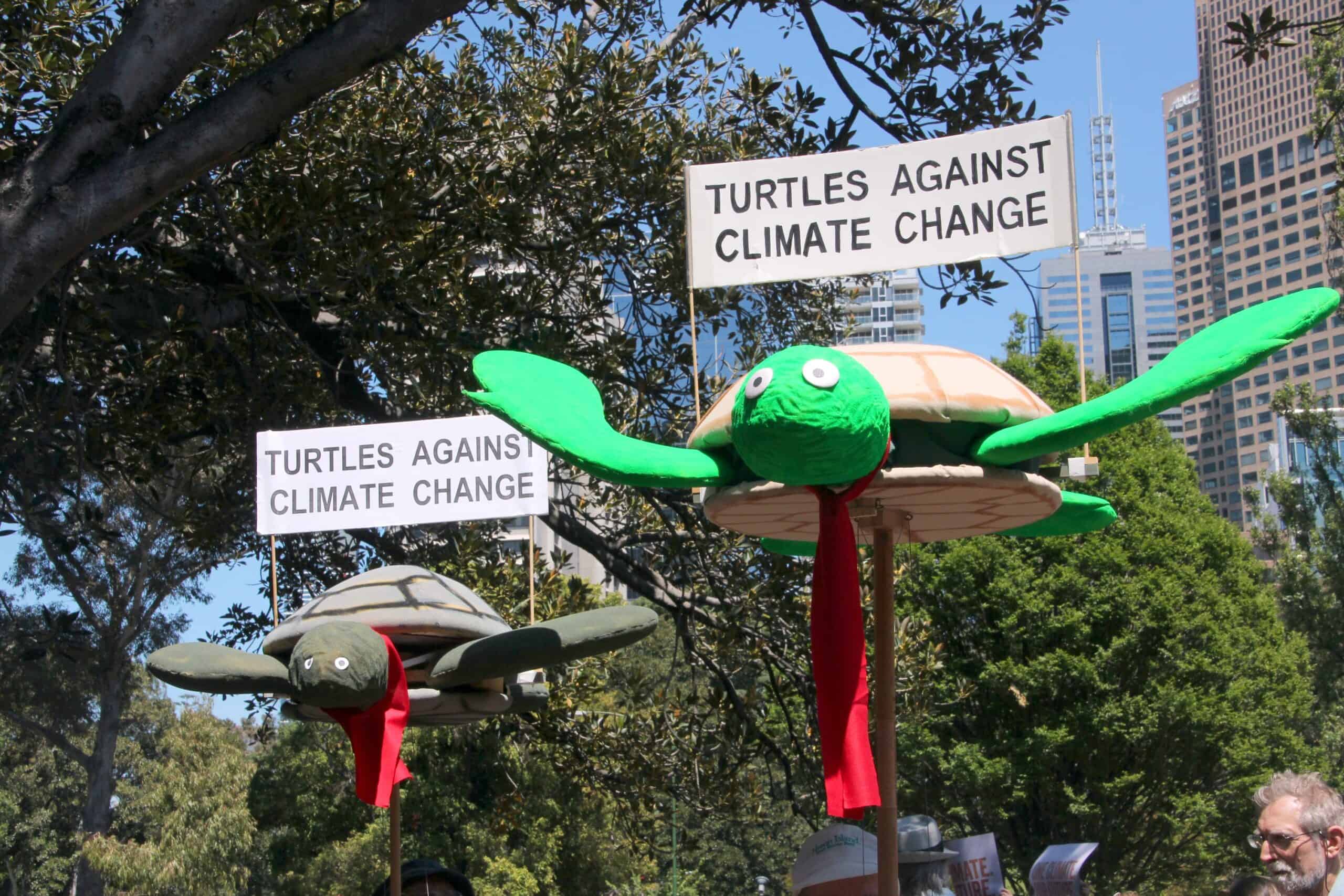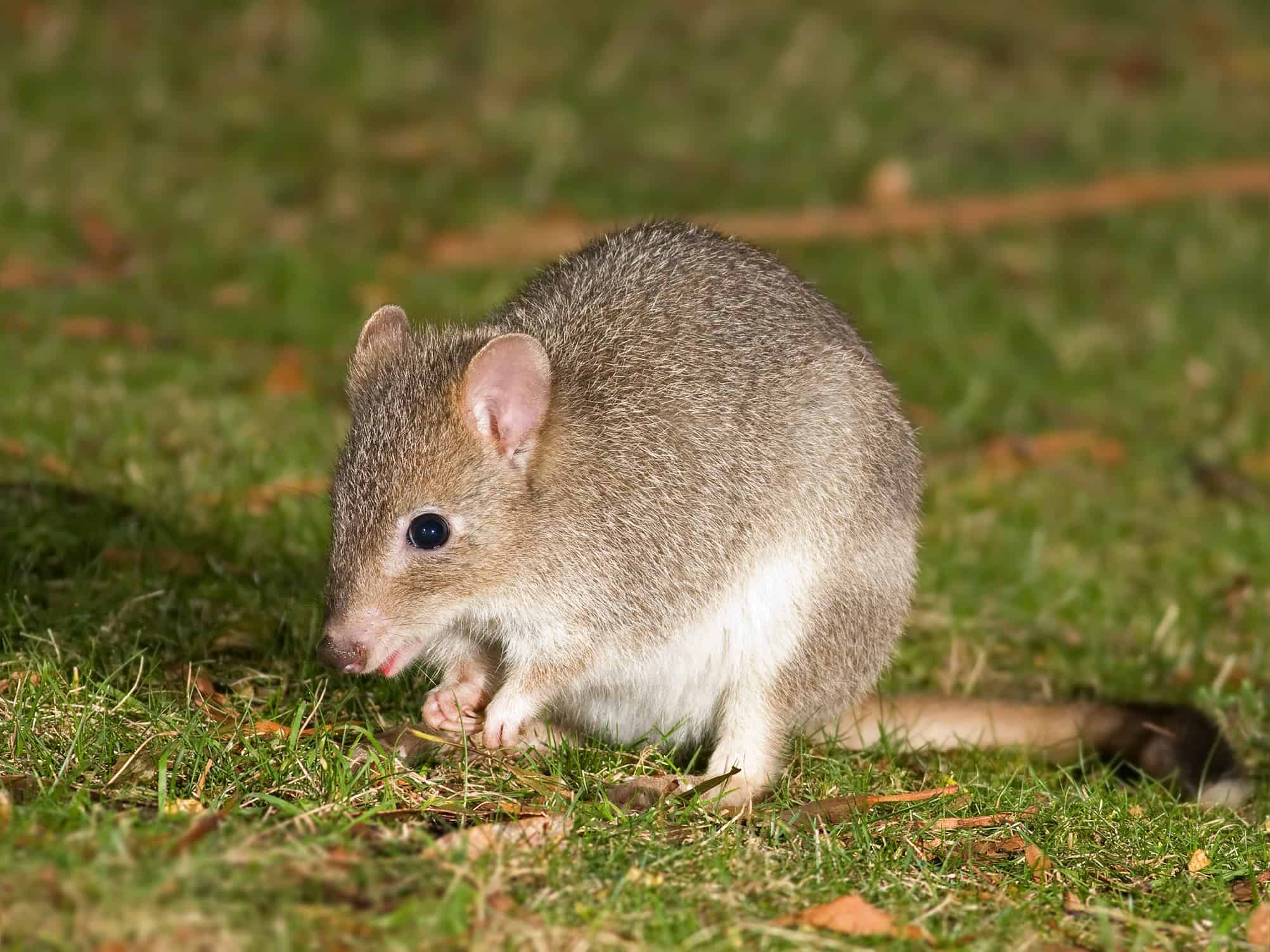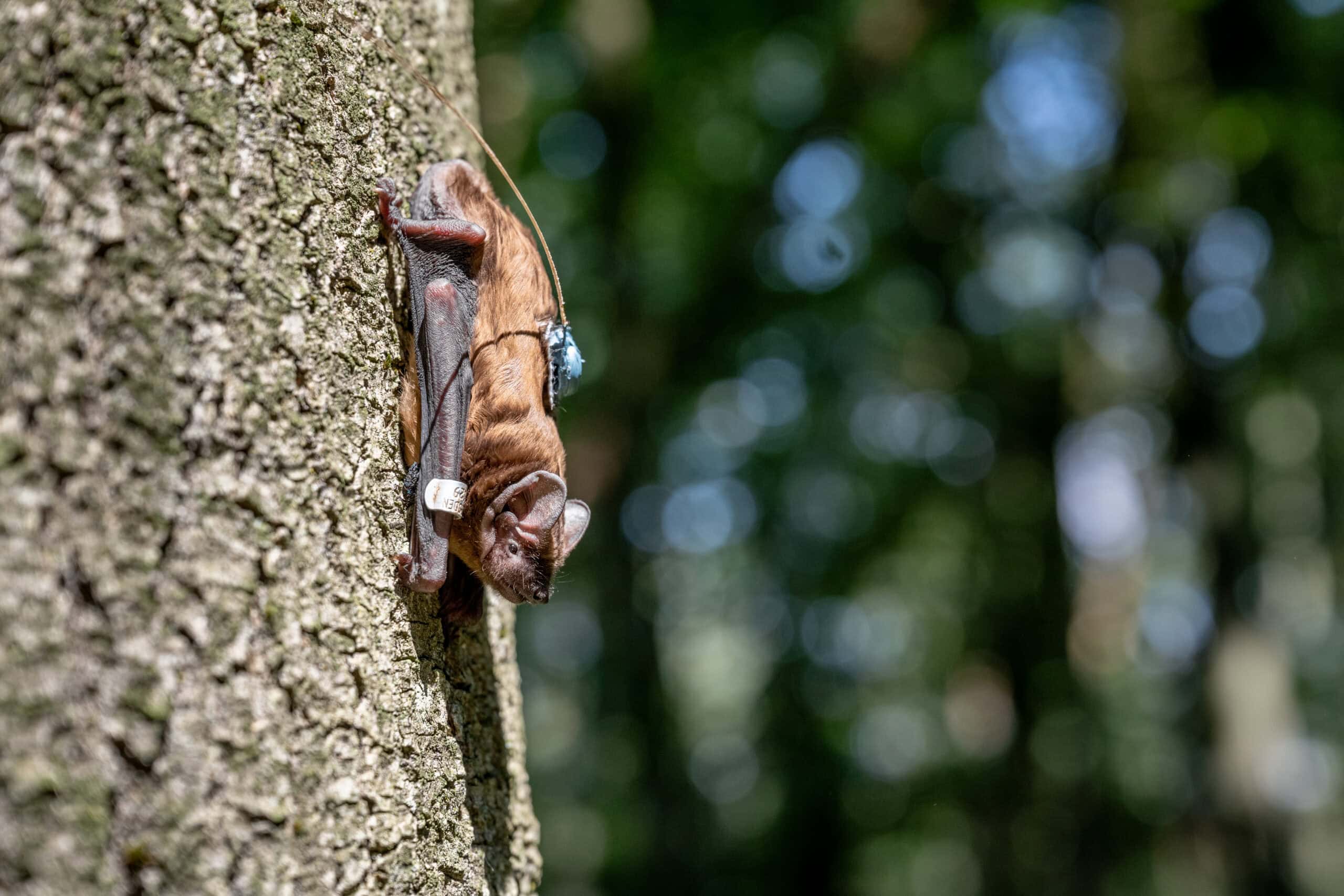Share this article
TWS Position Statement: Workforce Diversity within the Wildlife Profession
Back to Position Statements page
The conservation of native plant and animal species, communities, and populations is affected by the actions of all people, acting individually and collectively. The future of biological diversity, therefore, requires the conscious engagement of all people, regardless of their nationality, sex, race, ethnicity, religion, culture, spiritual views, or social status. This engagement applies to individuals belonging to the range of stakeholder groups in society and to those within the wildlife profession.
The Wildlife Society recognizes the value of including the richness of human diversity in our efforts to discover, educate, inform policy, and involve the public in wildlife science and management. Wildlife will be the ultimate beneficiary of management, science, and education that reaches a greater variety of people that use and enjoy wildlife. Aldo Leopold recognized the necessity of an egalitarian wildlife policy that enfranchised all citizens in the welfare of our wildlife rather than an antiquated system that distributed the benefits to a privileged segment of society. During the past 75 years, the wildlife profession has grown significantly more diverse in its philosophies and strategies, but not to the same level in its personnel. The increasing human diversity in our society further emphasizes the need to evaluate whether or not the broad array of interests are adequately addressed within the wildlife profession. To achieve the best possible science and management of wildlife, The Wildlife Society is committed to the identification and removal of barriers to recruitment, effective mentoring, retention of a diverse workforce, and to communicating with a diverse array of stakeholders.
Achieving workforce diversity representative of the people who impact and are impacted by wildlife is an important goal for the profession. Human diversity includes aspects that are assumed to be visible, such as age, race, ethnicity, sex, and disabilities. However, the intersectionality of visible and less apparent differences, such as culture, spiritual views, sexual orientation, gender identity, socioeconomic background, unapparent disabilities, and other “invisible” factors nevertheless shape an individual’s life experience and, thus, the unique perspectives they bring to their vocation. Participation in our profession must be broadened if we are to include the rich palette of perspectives and approaches needed to meet current and emerging challenges.
Diversification of the workforce offers valuable benefits and will address many challenges facing the profession and wildlife. Inclusion of the perspectives and skills provided by a diverse professional community of individuals can result in the strengthening and improvement of approaches to research, education, management, and policy making. A diverse and representative workforce, along with equitable and inclusive workplace cultures and climates, is necessary for development of conservation and management practices and communications that resonate with all of society. Furthermore, fostering a professional culture that embraces diversity in perspectives will increase retention of skilled practitioners.
Ultimately, a shared public understanding and appreciation of the value of wildlife, science, and management determines the degree to which society shows its support with funding and trust in our profession’s work. By engaging a greater proportion of the population, we enable ourselves to more effectively manage wildlife, the ecosystems on which they depend, and the human communities that interact with them.
The policy of The Wildlife Society regarding workforce diversity within the wildlife profession is as follows:
- Support policies, programs, and practices that advance efforts to recruit, mentor, and retain professionals from a broad spectrum of identities reflective of the overall human population, including individuals from historically underrepresented backgrounds.
- Promote a professional culture that welcomes individuals from diverse backgrounds and values the resultant richness of perspectives and contributions.
- Promote a professional culture and climate that precludes discrimination, harassment, or bullying.
- Recognize the diversity of human cultures and linkages between these cultures and conservation of biological diversity at regional, national, and international scales. Such recognition includes acknowledging the roles and values of traditional and cultural knowledge in wildlife studies, management, and conservation at all scales.
- Further develop research, conservation, management, and educational programs that enhance human diversity in the workforce and increase enjoyment of wildlife among diverse peoples, equitable participation, and inclusion at all ranks within the workforce and increase safe access to, enjoyment of, and input in management of wildlife resources for and among all communities.
- Expand and develop successful, collaborative programs for training, recruiting, and retention of members of groups historically excluded from natural resource workforces. Develop and implement programs to support individuals in their learning and skill-building such that we build equitable and inclusive cultures and daily climates in our discipline, Society, daily practices, policies, and workplaces. Collaborate with other professional societies, private foundations, state and federal agencies, and institutions to build upon programs that have demonstrated successful outcomes.
Updated by TWS Council – October 2020
Workforce Diversity within the Wildlife Profession Position Statement pdf








